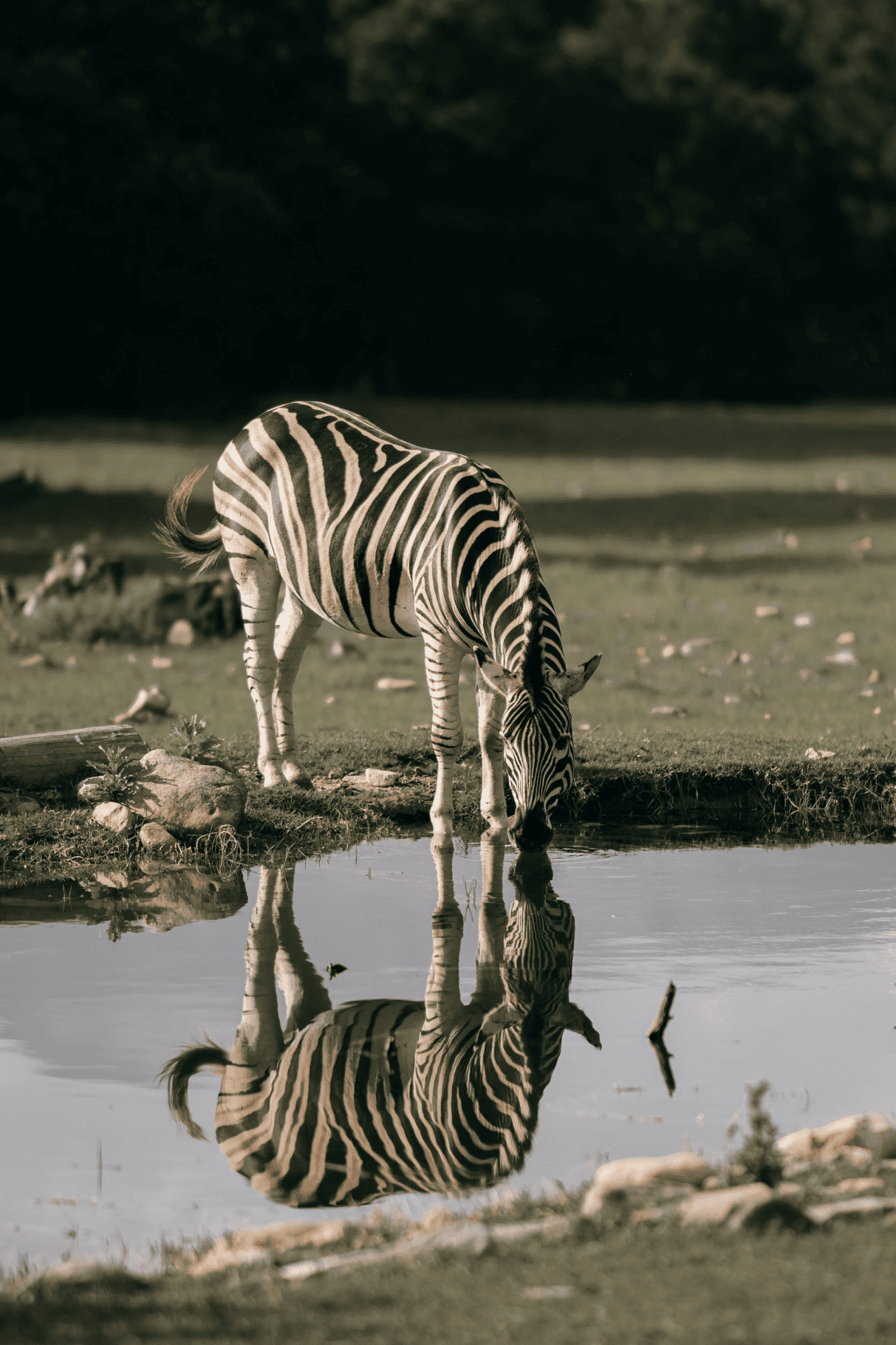
Zoos are essential research hubs where scientists study animal behavior, genetics, and health, providing insights that benefit both zoo and wild populations. Research conducted in zoos covers a range of topics, from animal reproduction and social behaviors to disease management and treatment. These studies are especially important for endangered species, as they help zoos develop effective breeding programs and improve animal welfare practices.
Zoos also play a crucial role in studying zoonotic diseases—those that can be transmitted between animals and humans. This research is increasingly important as human-wildlife contact grows, particularly in areas where habitats overlap with urban regions. By understanding how diseases spread among animals, zoos help inform practices that protect wildlife and human populations alike. Zoos collaborate with universities, conservation organizations, and government agencies, sharing their findings to support global conservation efforts. The research conducted in zoos thus contributes to the knowledge that drives conservation policies, benefiting ecosystems worldwide.